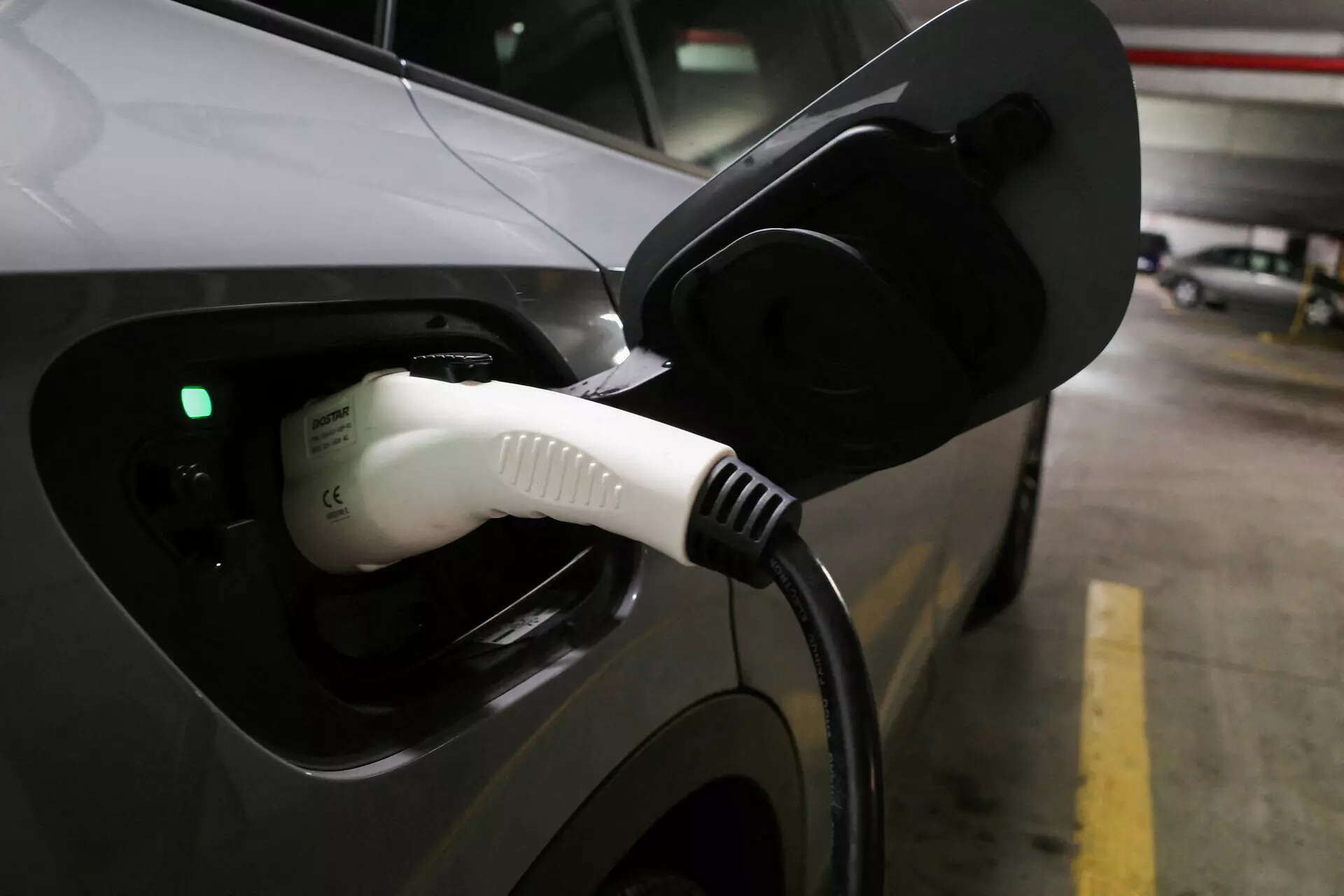
Despite billions in funding approved by the Joe Biden administration two years ago, only two states in the US — Ohio and New York — have used them for new EV charging stations, as a robust EV charging network is still years away.
Despite USD 5 billion approved for states to build a network of fast chargers, only some US states have made progress while most have not yet awarded contracts or started construction, reports The New York Times.
“In total, 28 states, plus Puerto Rico, have either awarded contracts to build chargers or started accepting bids for projects as of December 15. The rest are much further behind on starting construction,” the report said late on Saturday.
The slow pace of charging network roll out is hindering Biden’s goal of getting EV to make up half of new car sales by 2030.
According to a recent survey from the Energy Policy Institute at the University of Chicago and the Associated Press-NORC Center for Public Affairs Research, Americans cite vehicle cost as the top barrier to purchasing an electric vehicle.
“About 8 in 10 say they would not purchase an electric vehicle because there are not enough charging stations available and seven in 10 say they would not purchase one because they take too long to charge and the battery technology isn’t ready,” according to the survey.
The Biden administration is offering tax credits of up to USD 7,500 for purchasing EVs.
The White House has set a goal of building a national network of at least 500,000 public chargers by 2030.
However, researchers at the National Renewable Energy Laboratory projected that the country will need more than one million public charging ports by the end of the decade, the report mentioned.

